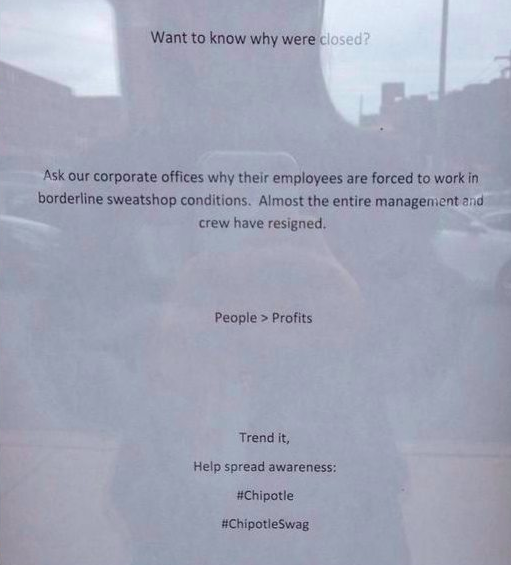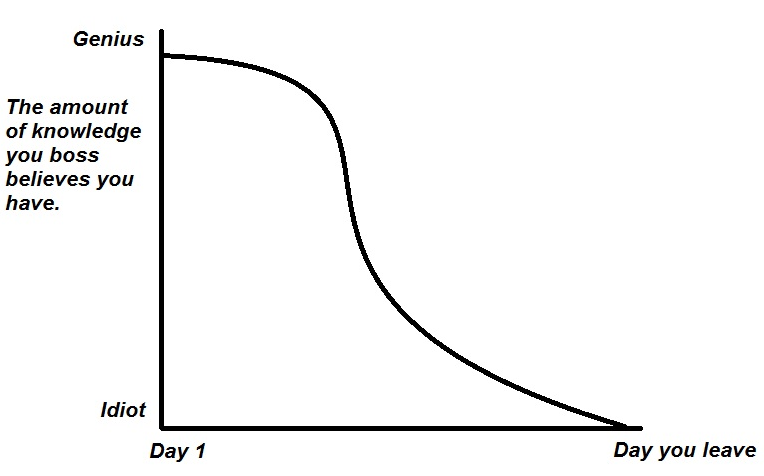I think there is an epidemic in our society, and I’m going to blame Apple. Sure other cell phone companies do the same thing, but Apple was the one who really made this such an issue. Last week Apple released the latest version of the iPhone and the entire world stood in line to get the latest phone.
I have a iPhone 5s, the new version is iPhone 6 or 6 Plus. Apparently, my iPhone 5s is now garbage. But it’s not. But Apple wants me to think it is, so I get the new version.
The HR Problem in all of this is our employees and managers are doing the same thing with our jobs. Let me give you an example. You hire a great candidate last year for an opening you had on your Finance team. A year later this great hire is doing really good, in your view it was a successful hire. But there’s a problem.
This great hire wants ‘more’, wants ‘different’, wants a new version of their job, the iPhone 6 plus version!
It’s only been a year an already the employee believes they deserve an upgrade. Their manager isn’t ‘controlling’ the situation, which is probably the major underlying problem. The manager is actually feeding the problem by believing it’s also something they need as well. Let’s face it, the manager hasn’t had an upgrade since you guys were handing out Blackberrys, she is pissed! Where is her iPhone 6 plus level position?!
In terms of HR, this is a major problem across all industries. No one wants to have your iPhone 4 jobs. People are mocking your iPhone 4 jobs. They might accept your iPhone 5 jobs, but only because they have no iPhone offers.
What should you do?
Ultimately, this is an expectation level setting leadership discussion. It starts before the offer is made, before you ‘allow’ someone to accept your offer. Too often we allow new hires to believe, don’t worry you will always have the latest and greatest version of this job. When our reality is, we try to upgrade as often as possible, but you shouldn’t expect to always have the latest and greatest.
If you feel that having the latest and greatest is really important for a potential hire, it might not be the right hire for you and your organization. That’s okay. We get caught up in this belief that we have to hire the most talented candidate, not the candidate who is the most talented for us. Only a few of us can offer the latest versions of jobs, most of us can’t. The world needs ditch diggers.


